Yemen to overwhelm enemies if Saudi-led coalition fails to hold on to truce: Defense minister
The Yemeni defense minister says his country is fully prepared for an all-out war with the Saudi-led coalition, warning the invading countries that they would be bewildered by the advanced capabilities of the Yemeni armed forces if they continue the war.
Major General Mohammad al-Atifi made the remarks during a Monday meeting with Mahdi al-Mashat, head of Yemen’s Supreme Political Council, Yemeni media outlets reported.
“Yemen’s armed forces are ready either to respond to the Saudi-coalition violation of the [UN-brokered] truce or to get into a full-scale confrontation with the coalition to free every inch of the country’s soil,” al-Atifi said.
He added that the Yemeni armed forces have reached such “advanced levels that will surprise the [Saudi-led] coalition if it does not take advantage of the temporary truce to end its aggression and siege.”
Al-Mashat, for his part, described the Yemeni armed forces as a “safety valve for the homeland,” capable of exposing all foreign conspiracies to split the country.
Warning that “no breach of the truce will be accepted,” he said it is necessary to reclaim the looted Yemeni oil and gas revenues.
He further assured the Yemeni people that “they are now able to take their legitimate rights” and the “crisis created by the coalition will soon end.”
Saudi-led coalition violates truce
Meanwhile, the Yemeni government said on Tuesday that coalition forces have violated a UN-brokered truce, which was enforced in the war-ravaged Yemen in April, nearly 150 times over the past 24 hours.
Citing an unnamed Yemeni military official, Saba news agency reported that the violations included 34 flight operations with spy drones and warplanes over the provinces of Ma’rib, Ta’izz, Jawf, Sa’ada, Hajjah, al-Hudaydah, Ad Dali’, al-Bayda and border areas.
The source added that the US-Saudi mercenaries have developed new military fortifications in al-Hudaydah.
The coalition also committed breaches by firing on the homes of citizens and the position of the Yemeni armed forces in the provinces of Ma’rib, Ta’izz, Sa’ada, Hajjah, al-Hudaydah, Ad Dali’, and the border areas, the source said.
An armed reconnaissance plane also targeted a garrison in Ibb province, killing one soldier and injuring four others, the source added.
The UN-brokered truce between the coalition and Yemen’s Ansarullah resistance movement has been extended twice since April.
According to the United Nations’ special envoy for Yemen, Hans Grundberg, the latest extension, from August 2 to October 2, included a commitment from the parties to intensify negotiations to reach a wider truce agreement as soon as possible.
Under the truce, the war coalition has agreed to end its attacks on Yemeni soil and end a simultaneous siege that it has been enforcing against Yemen. Yemen has, however, reported many violations since then.
‘UN must take clear stance over seizure of Yemeni fuel ships’
Vice chairman of the Joint Chiefs of Staff for the Yemeni Army, Ali al-Mushki, slammed the United Nations’ silence over the seizure of the Yemeni fuel ships by the coalition, urging the UN to adopt a clear stance in this regard.
Al-Mushki’s remarks came on Monday in a meeting with Vivian van de Perre, deputy head of the UN Mission to support the Hudaydah Agreement (UNMHA), after the Saudi-led coalition banned yet another Yemen-bound ship carrying tons of fuel from docking at the Hudaydah port.
Citing terms of the Stockholm peace agreement, the Yemeni official said the confiscation of Yemen-bound fuel ships is a “flagrant violation” of the agreement, which stipulates the smooth flow of goods to Hudaydah port.
The Stockholm Agreement was reached in December 2018 following a round of peace negotiations between Ansarullah delegates and Riyadh-sponsored loyalists to Yemen’s ex-president Abd Rabbuh Mansur Hadi.
The document set out three undertakings: a ceasefire along the Hudaydah front and the redeployment of armed forces out of the city and its port, an agreement on prisoner exchange, and a statement of understanding on the southern Yemeni city of Ta’iz.
Saudi Arabia and the United Arab Emirates — the closest allies of the US in the region after the Israeli regime — have been waging the war on Yemen since March 2015.
The invasion has been seeking to change Yemen’s ruling structure in favor of the impoverished country’s former Riyadh- and Washington-friendly rulers and crush the popular Ansarullah resistance movement. The coalition, however, has failed to meet any of its objectives.
The war has killed tens of thousands of Yemenis and turned the entire country into the scene of the world’s worst humanitarian crisis.
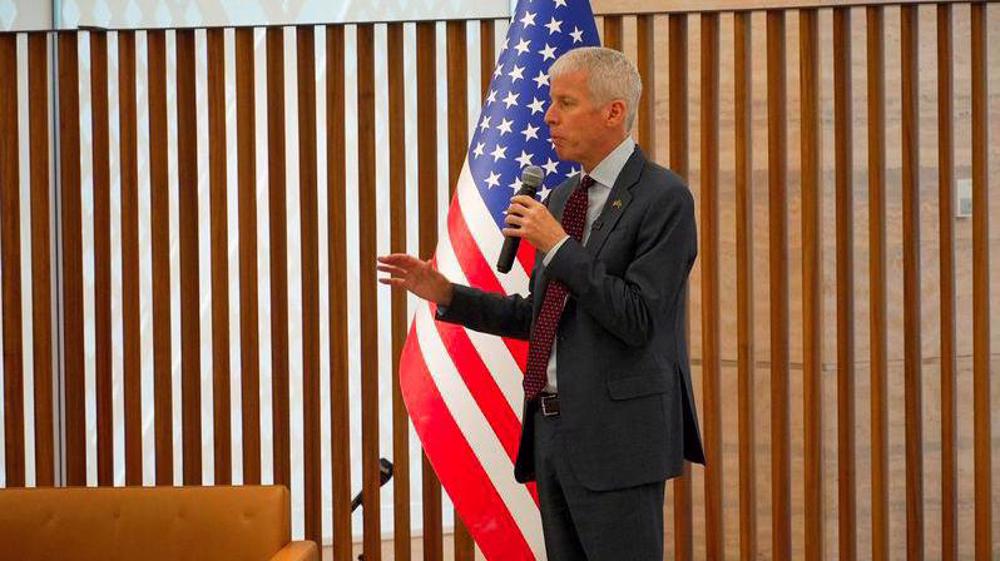
Saudi Arabia, US to sign agreement on civil nuclear program: Energy secretary
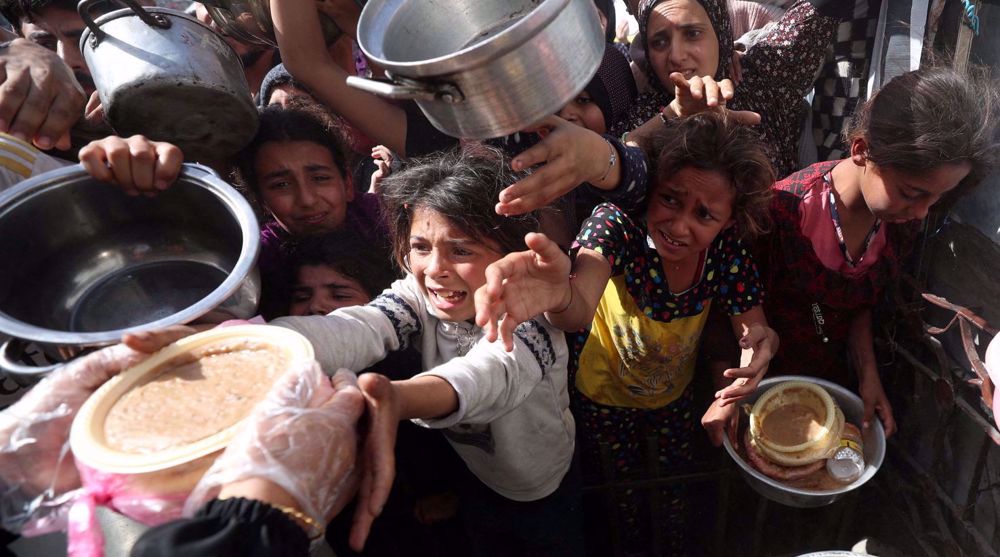
Saudi Arabia calls for 'maximum pressure' on Israel as UN warns of ‘longest Gaza blockade’

Saudi police ‘detain’ female pilgrim for displaying Palestinian flag in Mecca
Iran president, foreign minister offer condolences over death of Pope Francis
Obituary: Pope Francis, first Latin American pontiff, friend of Iran, critic of Gaza genocide
Remembering Saadi Shirazi, Persian poet whose message of universality endures
China sanctions US figures over ‘gross interference’ in Beijing’s affairs
Yemen: US fails in its aggression since day one; Trump ‘accountable’ for fatalities
Russia: Ukraine violated Easter ceasefire using US-made weapons
VIDEO | Press TV's news headlines
Iran says removal of ‘unlawful’ sanctions 'main demand' in every negotiation


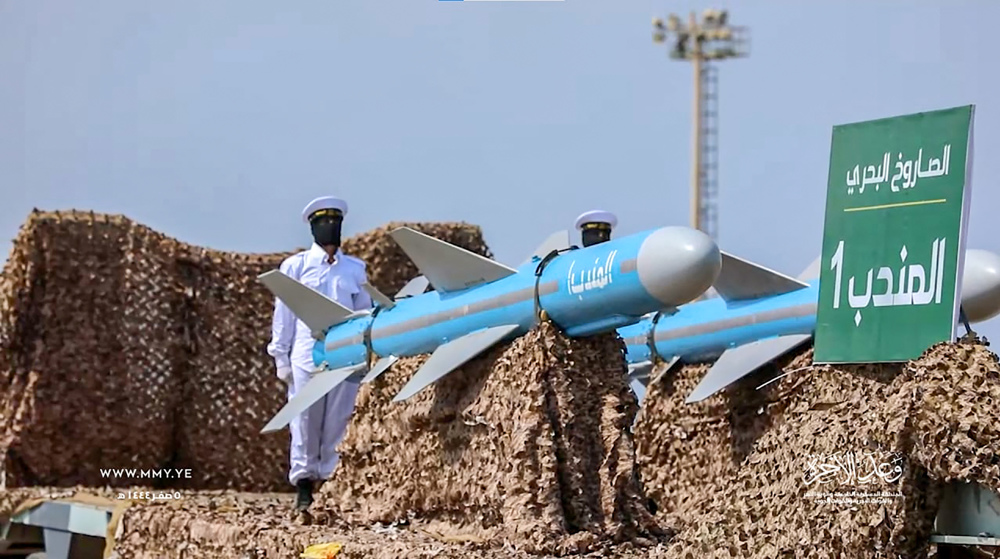
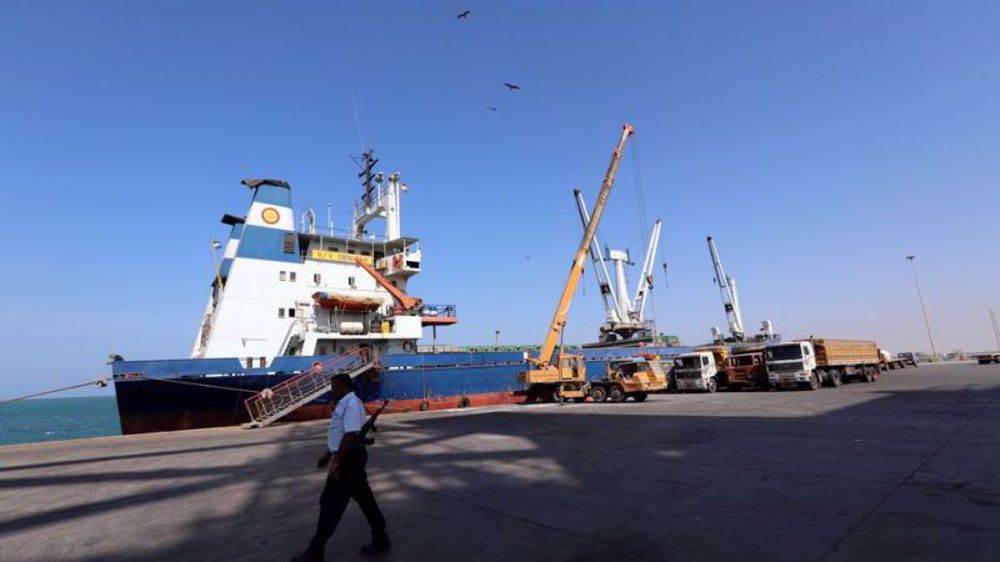
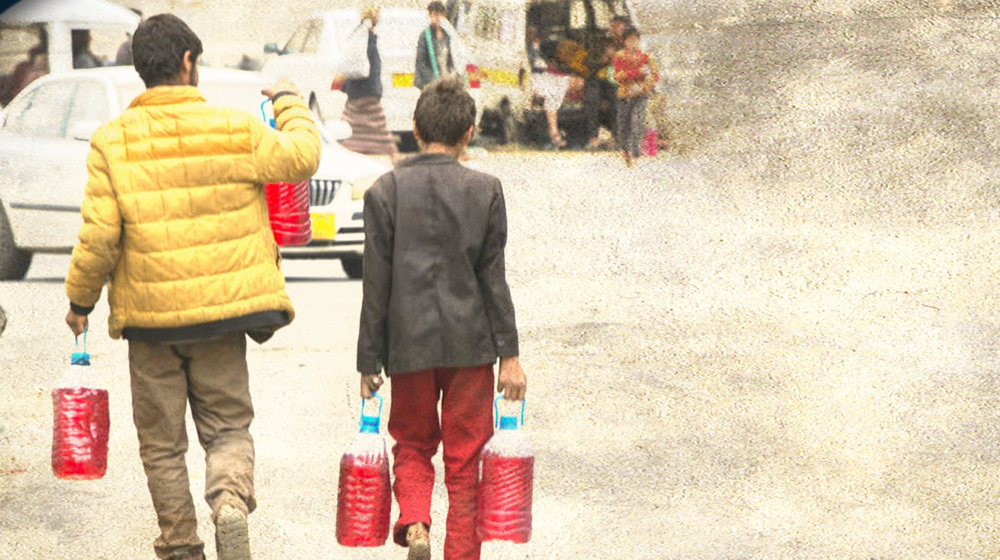



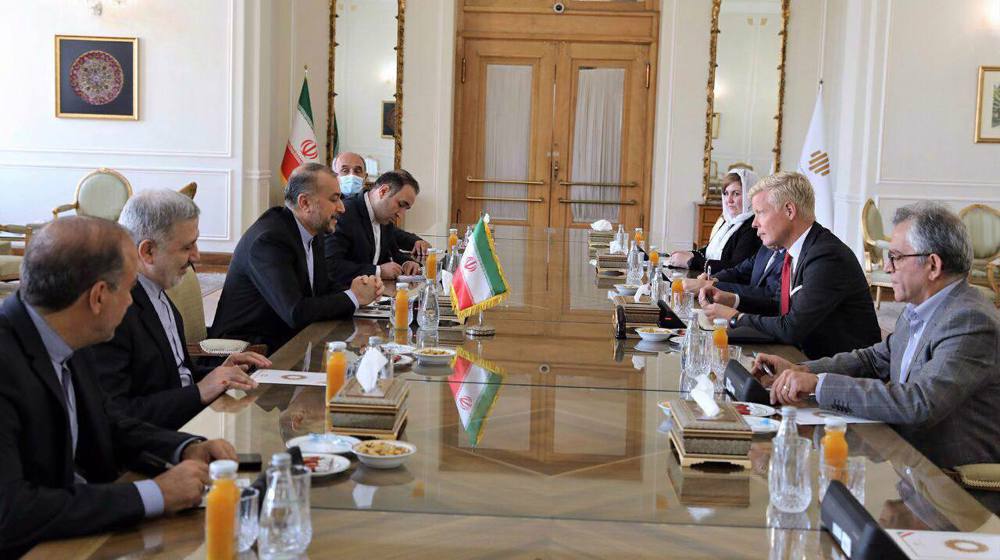
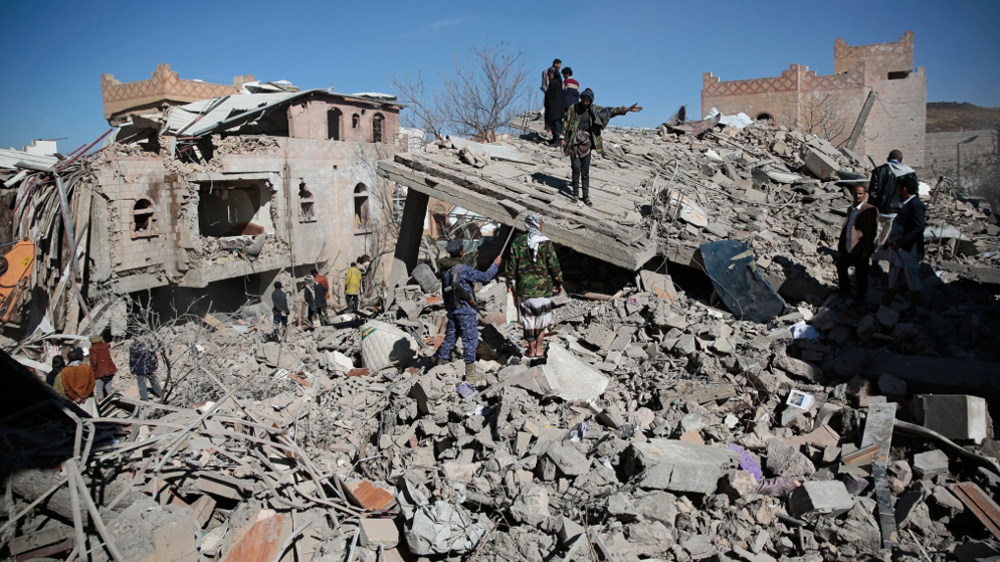
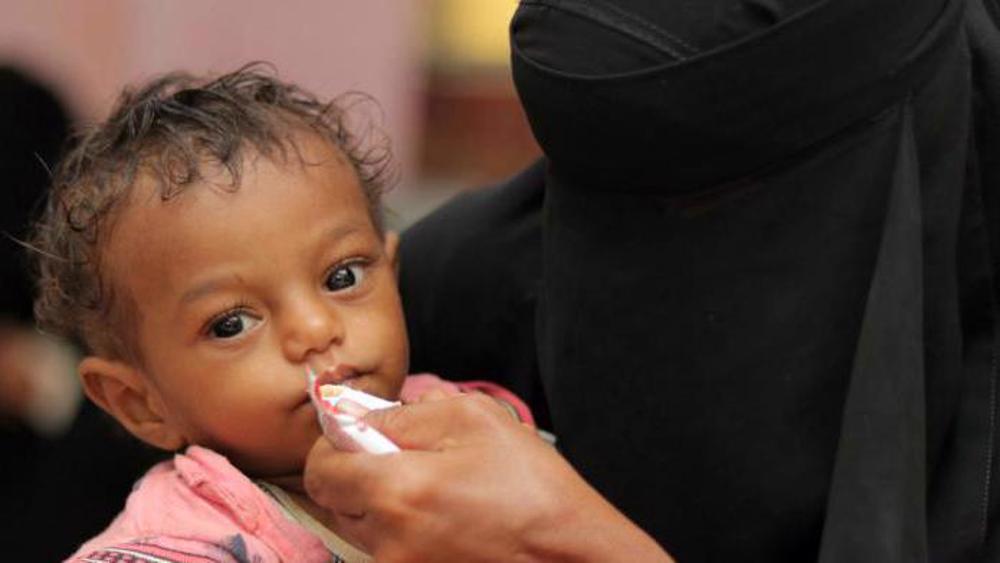
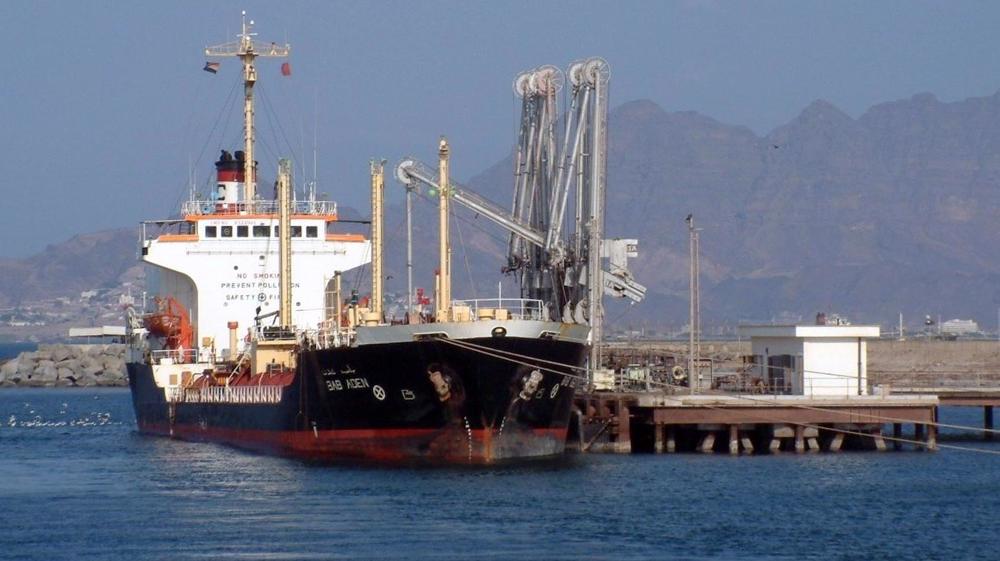

 This makes it easy to access the Press TV website
This makes it easy to access the Press TV website